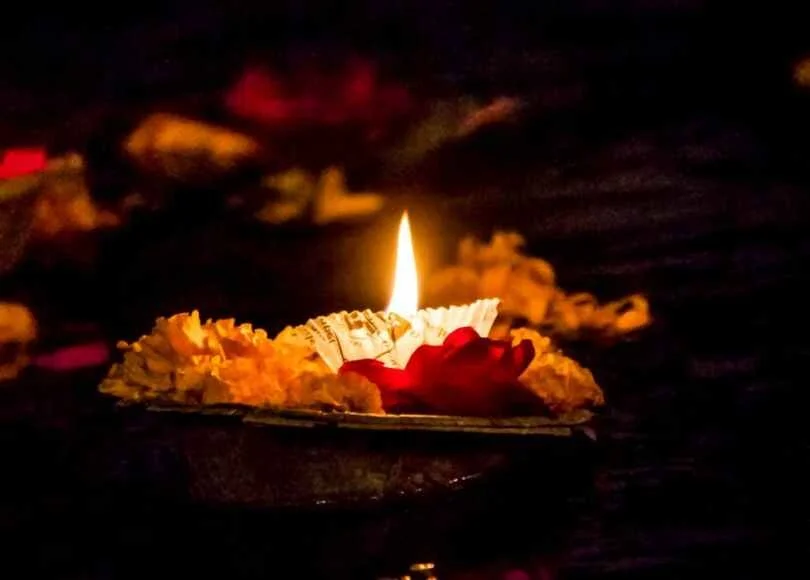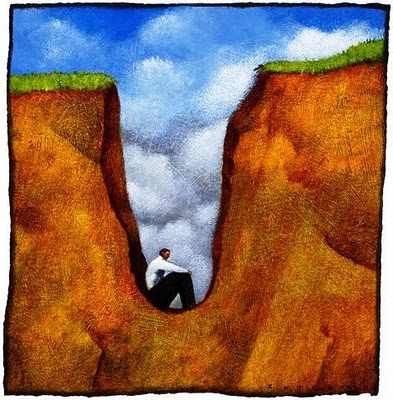There is an old Zen saying: You should sit in meditation for 20 minutes a day unless you’re too busy. Then you should sit for an hour. That saying always resonated with me because it speaks to the importance of meditation not only for relieving anxiety and being productive but for seeing the true nature of your mind and reality.
But I haven't been meditating consistently. I could give you a lot of excuses or reasons. There has been lots of travel and change in my life recently for instance. Those are perfectly valid reasons...
The odd thing about not meditating consistently is that you stop remembering what you are missing. Your mind turns into slush like most people's. Your attention span is much shorter. Your emotions pop around like a pinball. You're more susceptible to mood swings or giving into unproductive habits. But the thing is you're mostly unaware that you're doing it.
And that is the real benefit of meditation: awareness. Awareness of your smallest movements or your breath. Awareness of what spikes your anxiety or what your temptations are. Awareness is key. Without awareness, we can become mindless, following our every urge or instinct with reflection. Without awareness, we can easily become the worst versions of ourselves. And it is that thought that always gets me to put meditation back on the calendar every morning even if I don't always do it.












